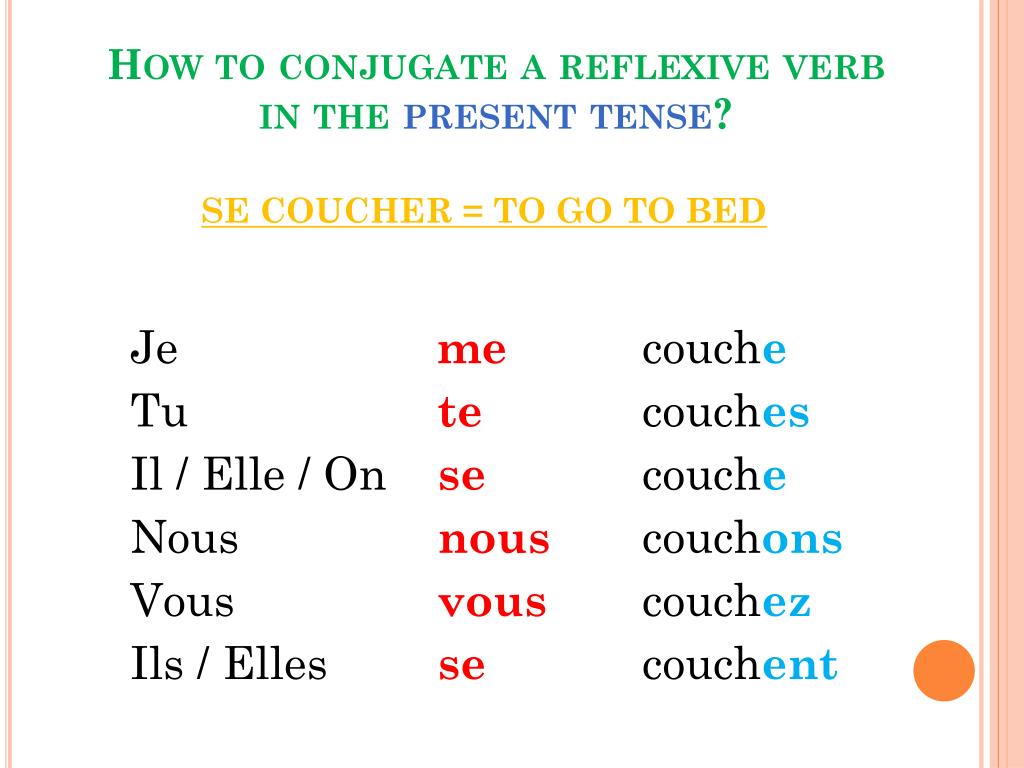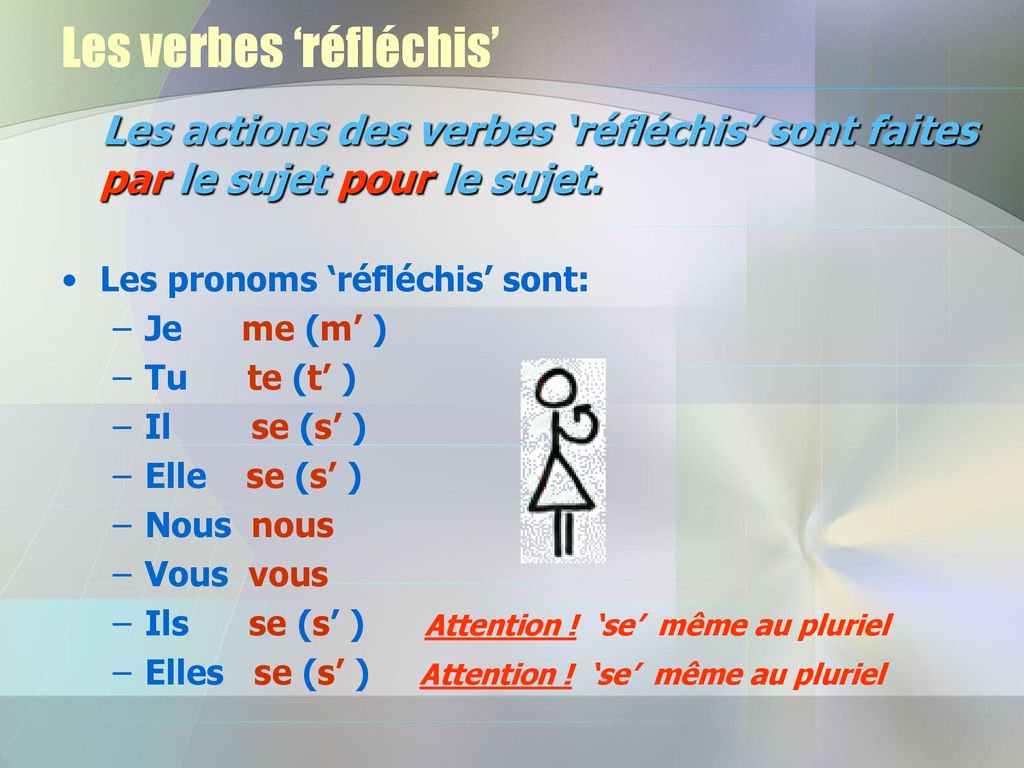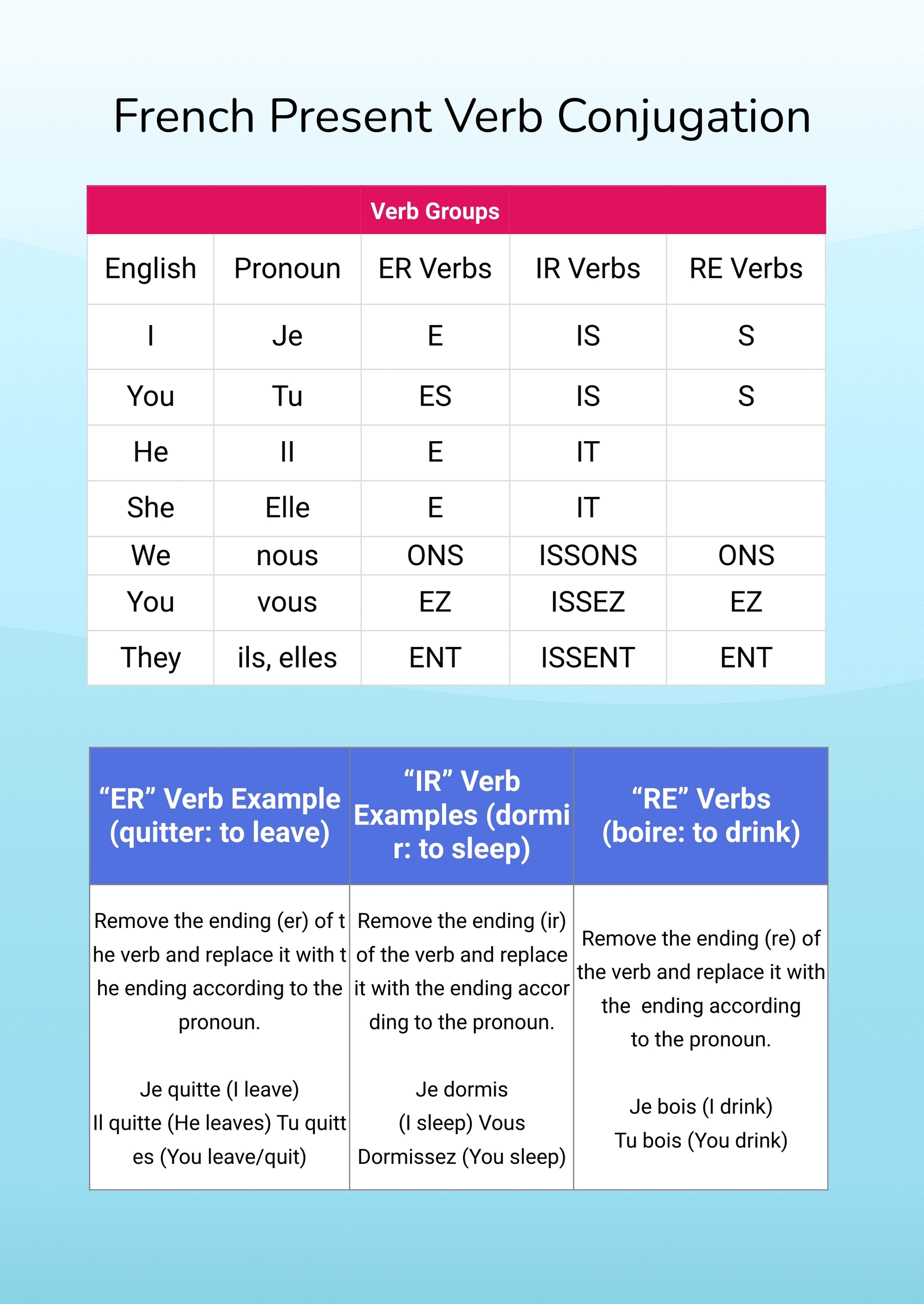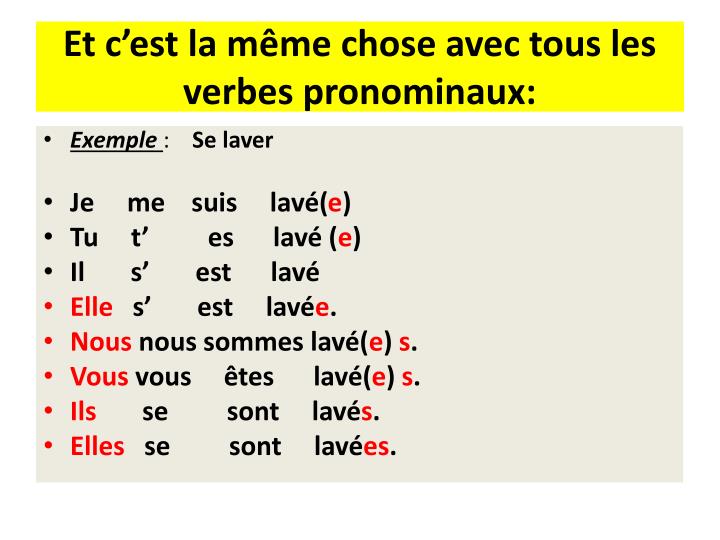Mastering the Conjugation of Se Coucher: A Quick Guide

Learning to conjugate the French verb se coucher is essential for anyone looking to master the language. Whether you're planning a trip to a French-speaking country or simply want to expand your linguistic skills, understanding how to use se coucher correctly is crucial. This reflexive verb, meaning "to go to bed," is commonly used in daily conversations, making it a valuable addition to your vocabulary. In this guide, we'll break down the conjugation of se coucher across different tenses, providing you with the tools to use it confidently. (French verbs,reflexive verbs,language learning)
Understanding Se Coucher

Before diving into conjugation, it’s important to grasp what se coucher means and how it functions. As a reflexive verb, it requires the use of reflexive pronouns like me, te, se, nous, vous, se. This verb is irregular, meaning it doesn’t follow the standard conjugation patterns of regular -er, -ir, or -re verbs. Instead, it has unique forms in different tenses. (reflexive pronouns,irregular verbs,French grammar)
Conjugating Se Coucher in the Present Tense

The present tense is one of the most commonly used tenses in French. Here’s how se coucher is conjugated:
| Pronoun | Conjugation |
|---|---|
| Je | me couche |
| Tu | te couches |
| Il/Elle | se couche |
| Nous | nous couchons |
| Vous | vous couchez |
| Ils/Elles | se couchent |

💡 Note: Pay attention to the reflexive pronouns, as they change based on the subject. (present tense,verb conjugation,French tenses)
Conjugating Se Coucher in the Past Tense

The past tense, or passé composé, is formed using the auxiliary verb être and the past participle couché. Here’s how it looks:
- Je me suis couché(e)
- Tu t’es couché(e)
- Il/Elle s’est couché(e)
- Nous nous sommes couchés/couchées
- Vous vous êtes couchés/couchées
- Ils/Elles se sont couchés/couchées
✨ Note: The past participle agrees in gender and number with the subject when using être. (passé composé,past tense,French verbs)
Tips for Mastering Se Coucher

To become proficient in using se coucher, practice is key. Here are some tips to help you master its conjugation:
- Use flashcards to memorize the conjugations in different tenses.
- Practice writing sentences using se coucher in various contexts.
- Listen to native speakers using the verb in conversations to improve pronunciation.
By incorporating these strategies into your learning routine, you’ll gain confidence in using se coucher accurately. (language practice,learning tips,French proficiency)
Checklist for Mastering Se Coucher

- Understand the reflexive nature of se coucher.
- Memorize present tense conjugations.
- Practice forming the passé composé.
- Use flashcards and writing exercises for reinforcement.
Mastering the conjugation of se coucher opens up new possibilities for expressing yourself in French. With its irregular forms and reflexive structure, it’s a verb that requires attention to detail. However, by following this guide and practicing regularly, you’ll soon find it becoming second nature. Keep practicing, and you’ll be using se coucher like a native speaker in no time. (French language,verb mastery,language skills)
What does “se coucher” mean in English?
+“Se coucher” translates to “to go to bed” in English. It’s a reflexive verb used to describe the action of going to bed.
Is “se coucher” a regular or irregular verb?
+“Se coucher” is an irregular verb, meaning it doesn’t follow the standard conjugation patterns of regular French verbs.
How do I form the passé composé of “se coucher”?
+To form the passé composé, use the auxiliary verb “être” and the past participle “couché,” ensuring agreement in gender and number if necessary.



